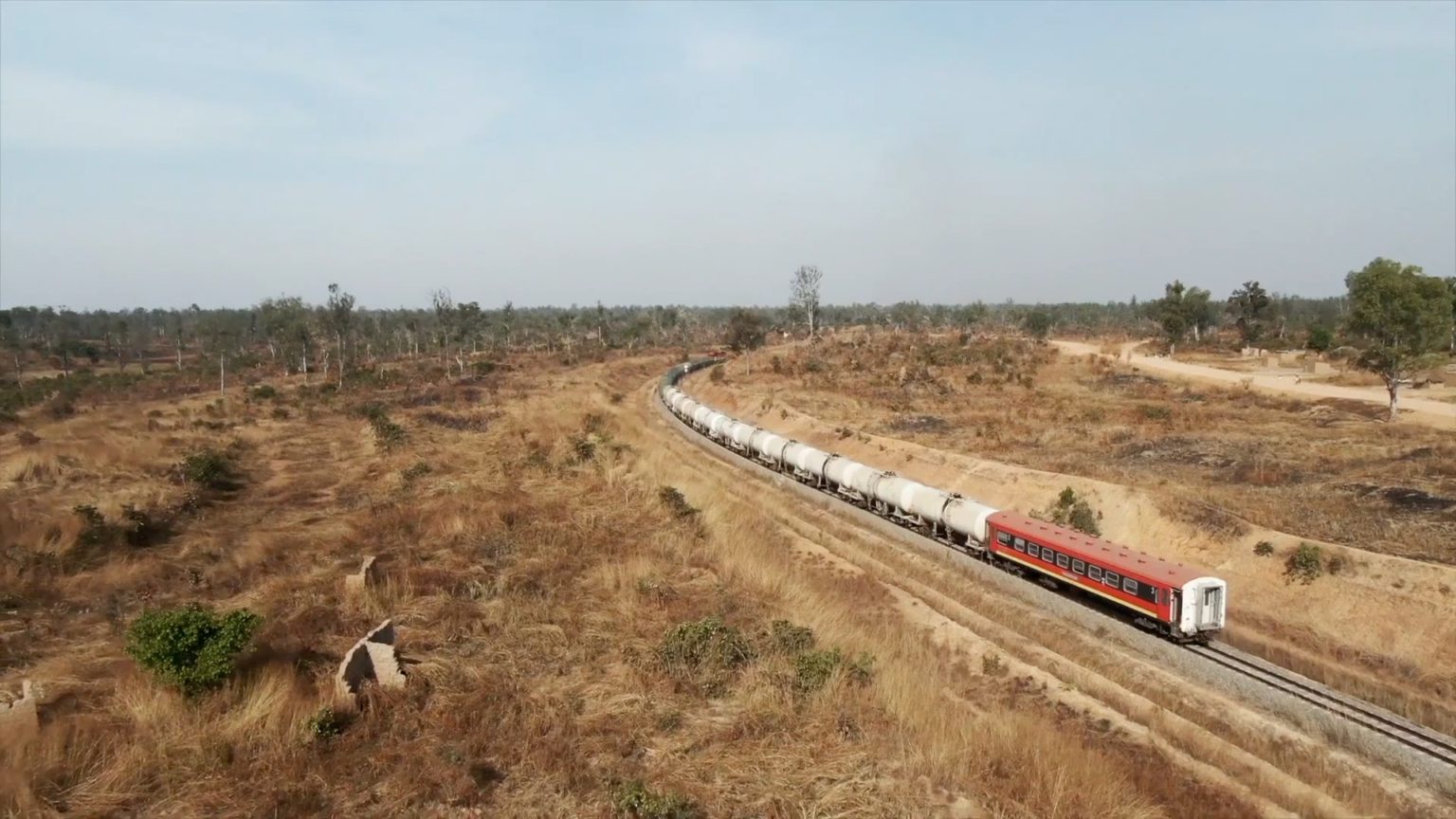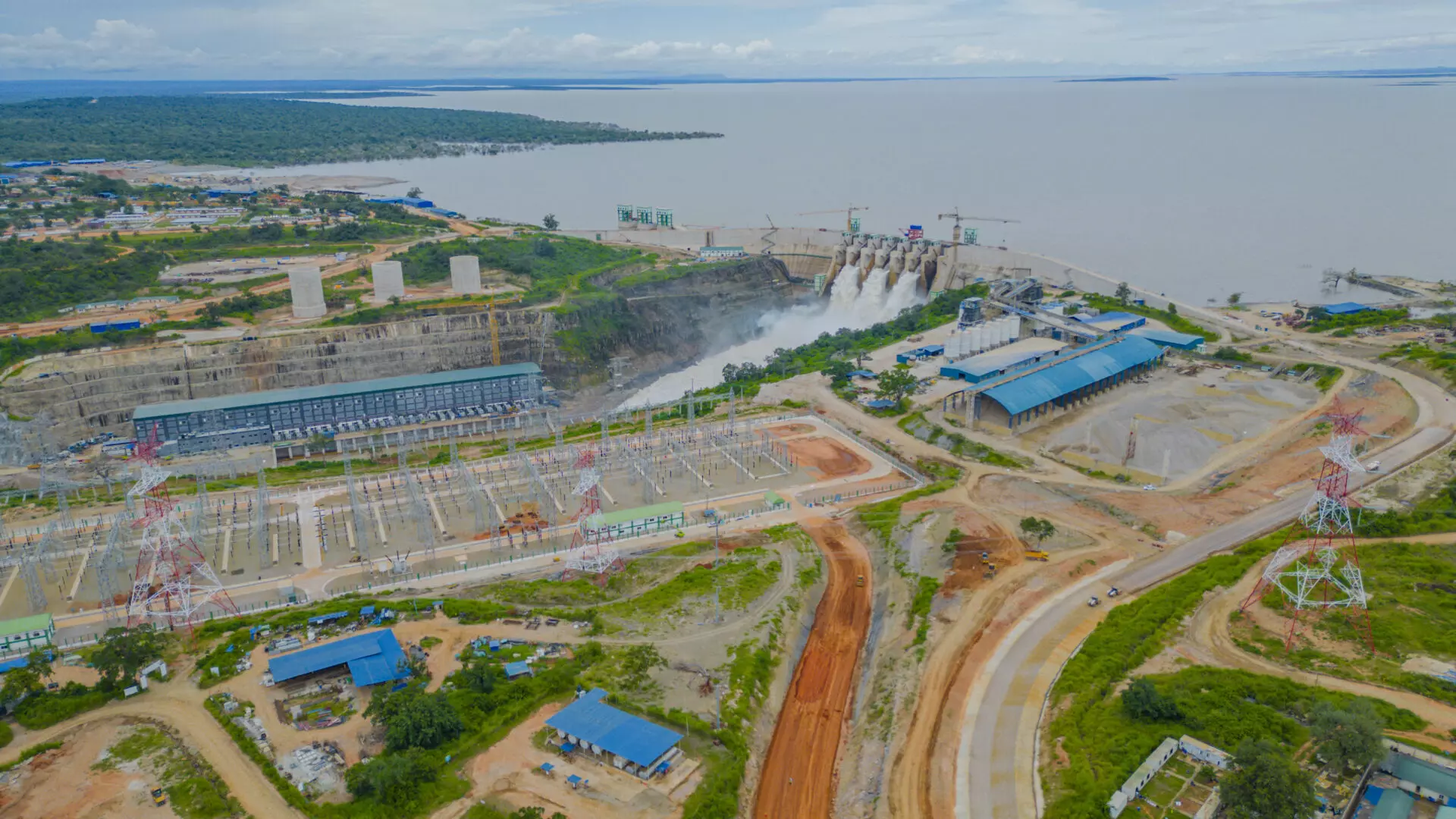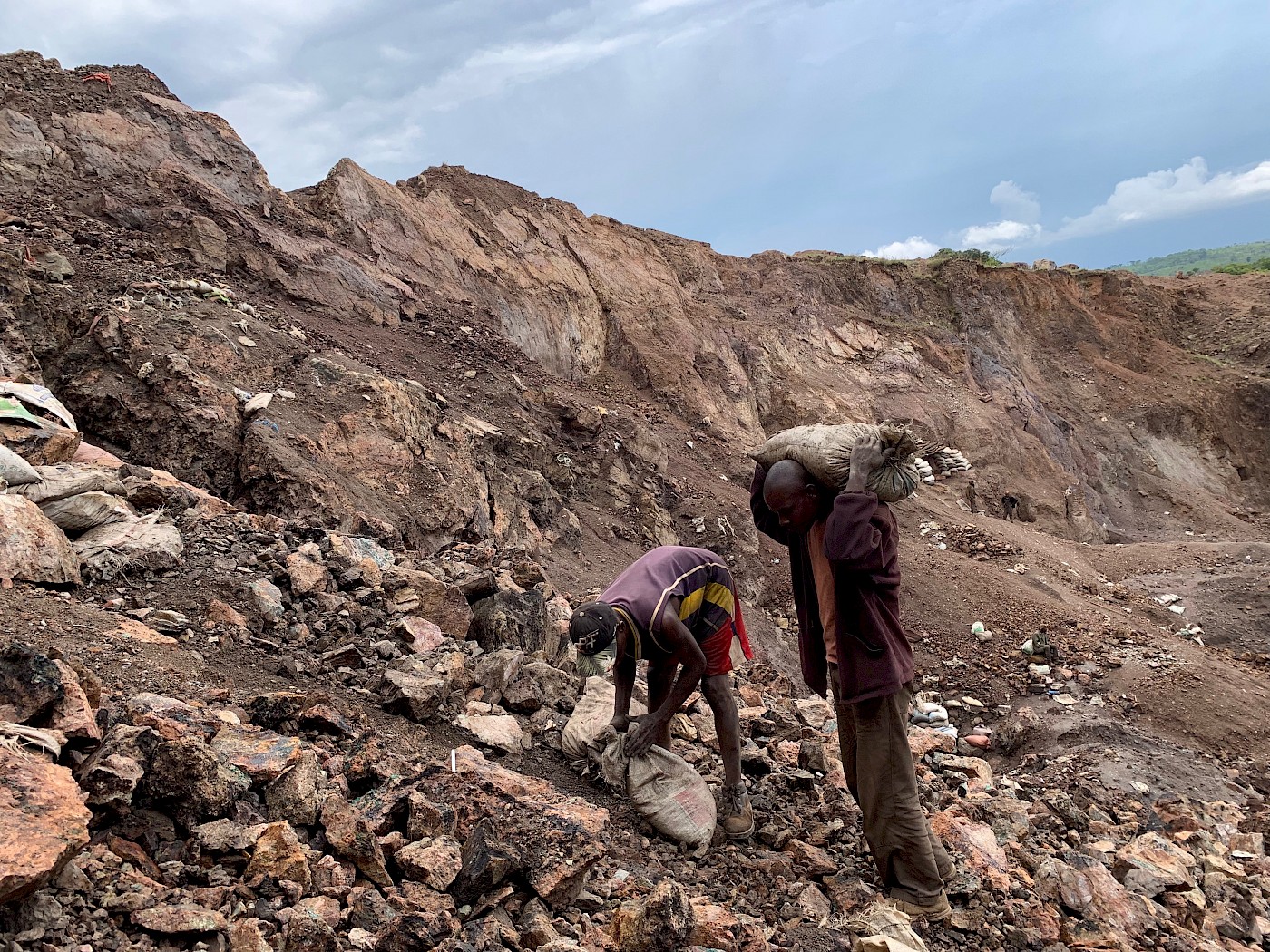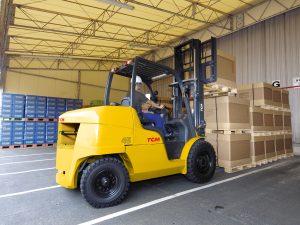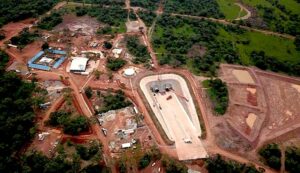Scramble for critical minerals spurs an African rail revival
Lobito railway runs from Lobito port, on Angola’s Atlantic coast, to the DRC and Zambia. Credit: Ministry of Transport, Angola
Southern Africa’s railways are suddenly getting global attention and attracting billions of dollars in investment, with a race to secure copper supplies needed for the energy transition at its center.
From Angola on the continent’s west coast to Tanzanian on the east, governments and investors are readying to revive decades-old rail lines that have fallen into disrepair and build new ones. Much of the new demand for freight comes from the central African copperbelt that Zambia and Democratic Republic of Congo share.
“We’re at a turning point — it’s very historic,” Babe Botana, executive director at the Southern African Railways Association, said in an interview. “The rest of the world is developing interest to come and revitalize the railway industry.”
Already, truck logjams clog routes out of Congo, which last year overtook Peru as the world’s second-biggest source of copper used in electric vehicles and data centers that power the artificial intelligence boom. Zambia has ambitious plans to catch up with its northern neighbor. From the US and European Union to China, there’s a growing realization that rail must play a central and strategic role in allowing exports to flow.
The surge in interest was plain to see at the Southern African Railways Association’s annual conference in Johannesburg this week. Attendance was up by about 50% from last year, with many first-time delegates from around the world, according to the organizers.
During the week, a rail route from Congo to an Angolan port that the US is backing with $553 million in development finance loaded its first copper shipment bound for Baltimore. Amos Hochstein, a senior adviser to President Joe Biden who has led the US efforts to develop the so-called Lobito corridor, called the event a BFD — short for big deal, with an expletive.
The Zambian government hopes to sign a deal with China next month that will see a $1 billion refurbishment of a line connecting its copper mines with the Tanzanian port of Dar es Salaam. In South Africa, which has the continent’s biggest rail network, state-owned logistics operator Transnet SOC Ltd. last month got a $1 billion loan from the African Development Bank to help boost its rail-recovery plans.
Years of neglect and a lack of funding have left many of southern Africa’s rail lines limping along despite growing demand for trade routes for critical materials used to produce electric vehicles.
That’s brought a $10 billion backlog for maintenance and track refurbishment regionally, said Johny Smith, head of rail at South Africa-based logistics company Grindrod Ltd.. He estimates as little as 7% of cargo travels by rail in the region.
Yet securing investment to revive old lines and build new ones hasn’t been easy. Many projects have been “stagnant for decades,” according to Xoliswa Njokweni-Mlotywa, acting chief executive officer at Thelo Infrastructure Development in Johannesburg.
Development financiers need to help prepare projects to make them attractive, and someone needs to pull the various funding sources together to reduce risk and ensure projects are viable, she said in an interview.
“The private sector will not invest in projects without knowing that they will get a return,” Njokweni-Mlotywa said.
(By Matthew Hill)
Share this content:
